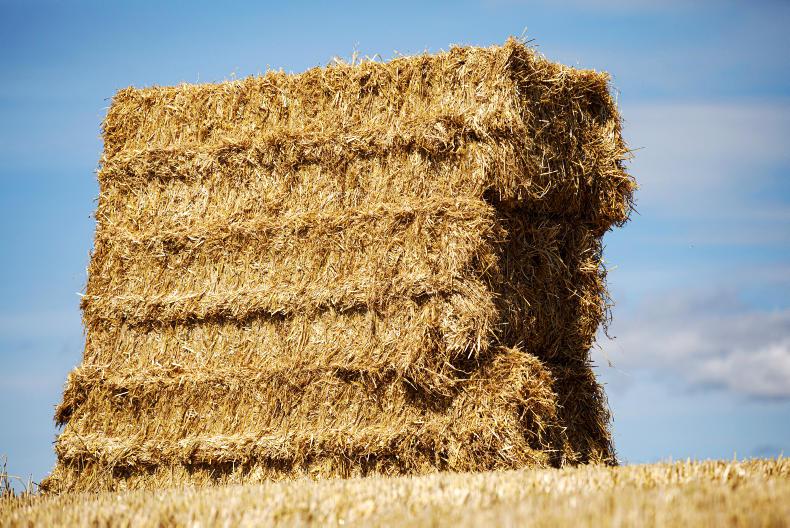A Canadian company is to invest $350m to build a new wheat straw processing plant to produce non-wood pulp for the paper and packaging industry.
Wheat straw pulp is considered to be an environmentally friendly alternative to wood pulp, resulting in lower carbon emissions.
The company says using straw, a by-product of grain production, also minimises the removal of trees from forests, which protects wildlife habitats and the natural function of trees.
The non-wood pulp mill will produce a unique unbleached market pulp which is in demand by the $350bn paper and packaging market.
At full capacity, the plant will produce approximately 182,000t of pulp annually from wheat straw collected from local growers.
The company has this week announced the location for its initial plant in Regina, Saskatchewan, Canada.
Low carbon footprint
According to the company, using straw instead of wood to create pulp results in a lower carbon footprint.
In a previous study, Red Leaf's Pulp measured emissions of 280kg CO2e/tonne of GHG Emissions (per tonne of air dried pulp).
That result compares favourably against competing market pulps, which have embodied carbon emissions ranging up to 1,650kg CO2e/tonne air dried pulp, they say.
Commenting on the news, Martin Pudlas, CEO of Red Leaf Pulp said: "We see tremendous advantages in the utilisation of annual fibres to achieve climate change objectives while meeting the growing demand for natural products to replace plastic.”







 This is a subscriber-only article
This is a subscriber-only article










SHARING OPTIONS: